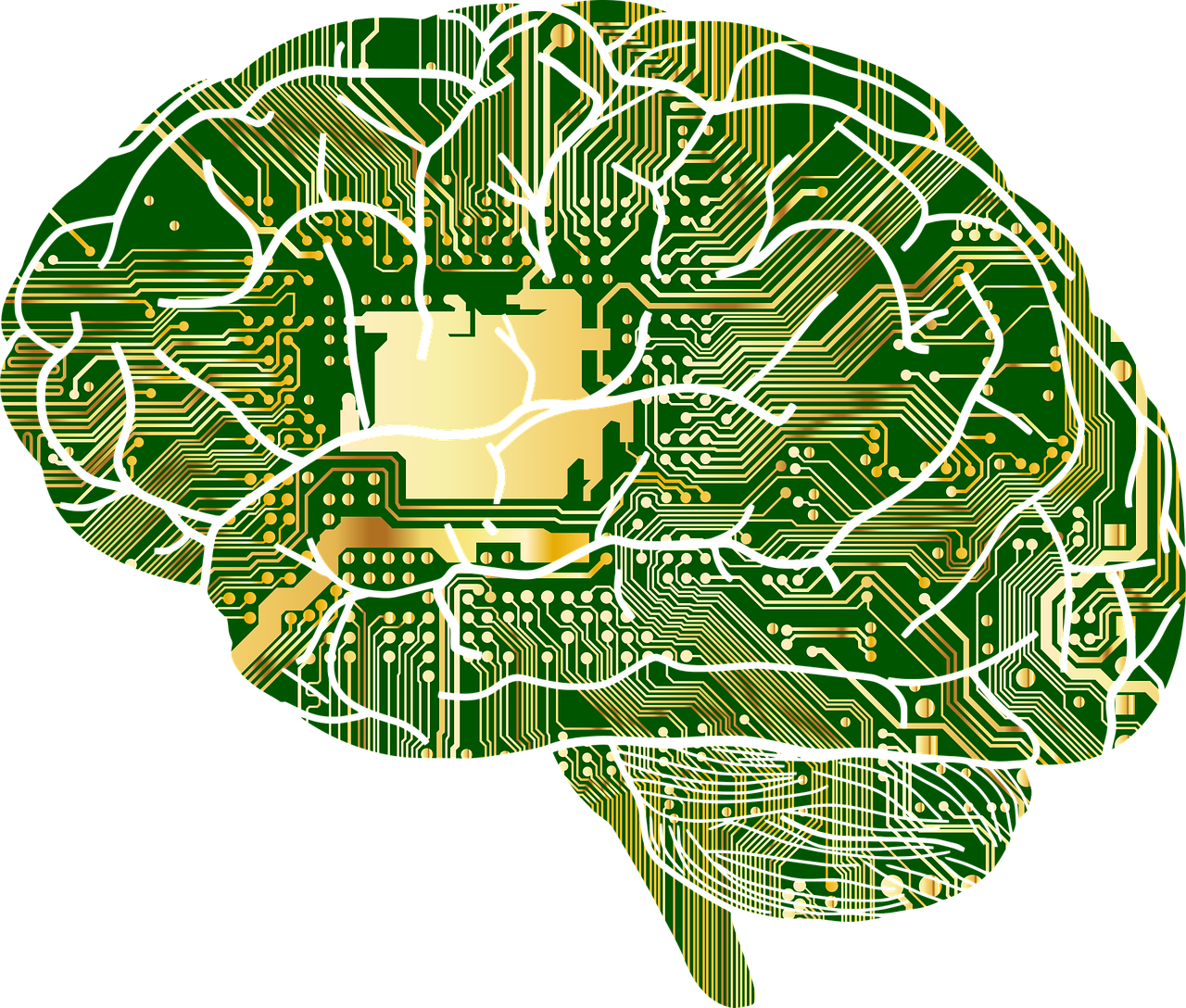Lately, I’ve been diving into the concept of cognitive offloading—using tools or strategies, like AI, to ease our mental load. It’s a fascinating idea, and as with most modern technologies, it comes with both benefits and challenges. When used intentionally, AI can enhance learning and create space for deeper thinking. However, when overused or relied upon too heavily, it risks dulling our critical thinking skills.
This really hit home when I read an article in The Guardian titled “Don’t ask what AI can do for us, ask what it is doing to us”: are ChatGPT and co harming human intelligence?. Inspired by its message, I gave myself a mini challenge—one that might also work well in the classroom.
I followed a simple three-step approach: Read, Reflect, Refine.
First, I read the article twice, slowly and carefully, aiming to really understand its arguments. Then, I reflected—by writing my own summary in my own words, doing my best to be clear, thoughtful, and accurate. Only after that did I refine my thinking by asking ChatGPT to compare my version with the original. The process helped me see where I’d captured the meaning well, and where I’d missed a nuance or two.
It made me think: this could be a great method for students too. Read deeply, summarise independently, and then use AI—not to replace the thinking, but to refine it.
So here goes
READ: I read the article twice (a skim and a deeper read)
REFLECT: I then took a few minutes to summarise ideas and my takeaways:
While the impact of AI on intelligence is difficult to quantify, the article presents a number of compelling points that social media and use of AI is significant factor in the decline of critical thinking and erosion of cognitive ability. The use of AI for cognitive offloading – while efficient and claims to contribute to increased GDPs, we need to be aware of pitfalls – think replication of ideas (echo chambers) vs creation of new ideas, disinformation and bias (and not to mention the colossal contribution to carbon emissions – not mentioned in this article but worth delving into).
Using AI can lead to the erosion of critical thinking and alarmingly for those of us approaching retirement status, if we haven’t already, we need to start learning a new language to ward off the dreaded cognitive decline.
Yes, there are benefits – but to bring back to the headline, don’t think what AI can do FOR you, but what it can do TO you.
REFINE: I then gave ChatGPT this prompt:
Take my summary and compare it with the original article. What have I missed or misunderstood?
Here’s the AI’s feedback:
What You Got Right:
– Cognitive offloading & critical thinking decline: You identified these as key themes.
– Acknowledgement of AI’s benefits: Your balanced tone reflects the article well.
– Rephrasing the headline message: Nicely done—your closing captures the core idea.
What You Missed or Could Expand On:
– Empirical Data: The article references studies on IQ decline (e.g., the reversal of the Flynn effect, PISA scores), which you didn’t include.
– Complex Causes: It’s not just AI; the article discusses other factors like education, nutrition, pollution, and healthcare.
– Generational Trends: The piece explores how intelligence shifts across decades.
– Subtle Influence of AI: It highlights how even small tasks—like memory and decision-making—are slowly being outsourced.
– Skepticism About Panic: Some experts caution against blaming AI too readily and encourage a broader view.
Additional Angle:
You brought up carbon emissions and echo chambers, which, while not in the article, are insightful additions.
This “Read, Reflect, Refine” approach made me more aware of how I read, how I summarise, and how AI can help me stretch my thinking—not just speed it up. It’s something I need to keep using to prevent a decline in my critical thinking … and maybe a process worth trying with students too.
Thoughts anyone?

Be First to Comment